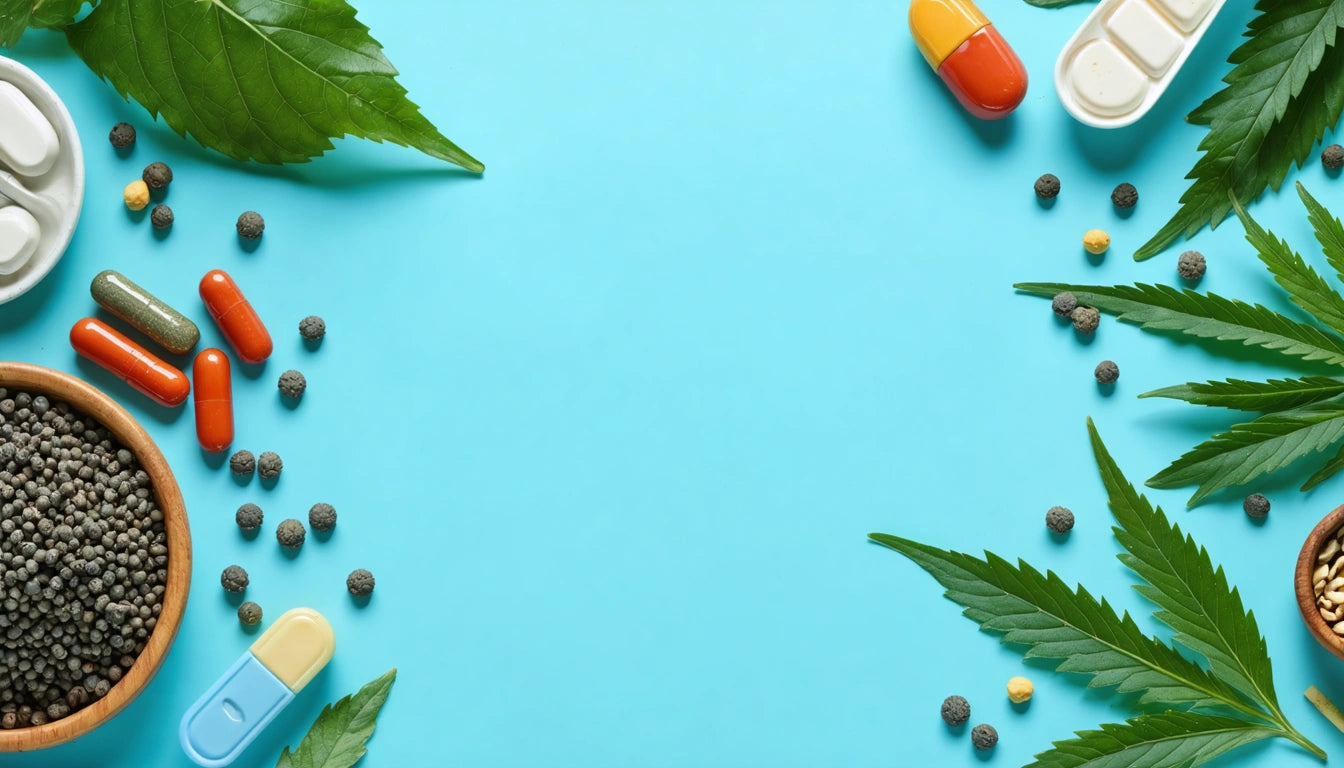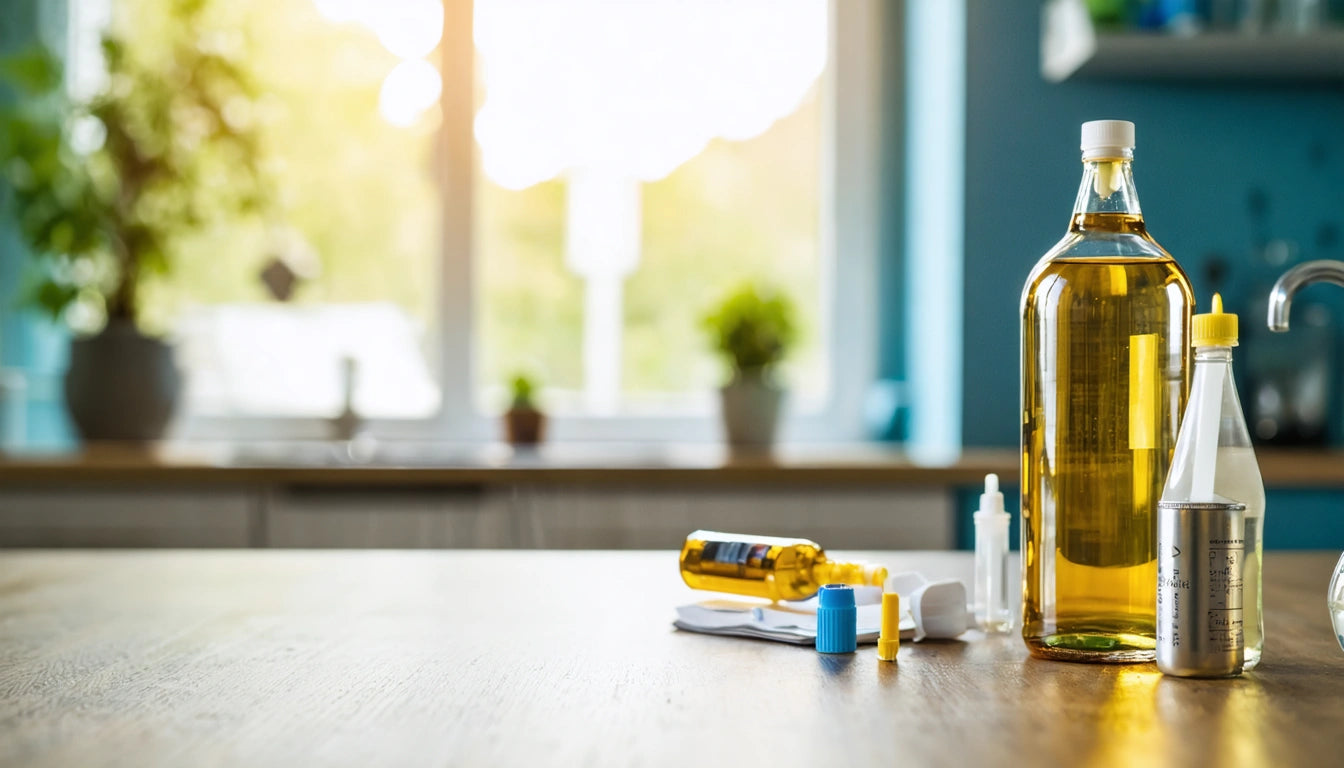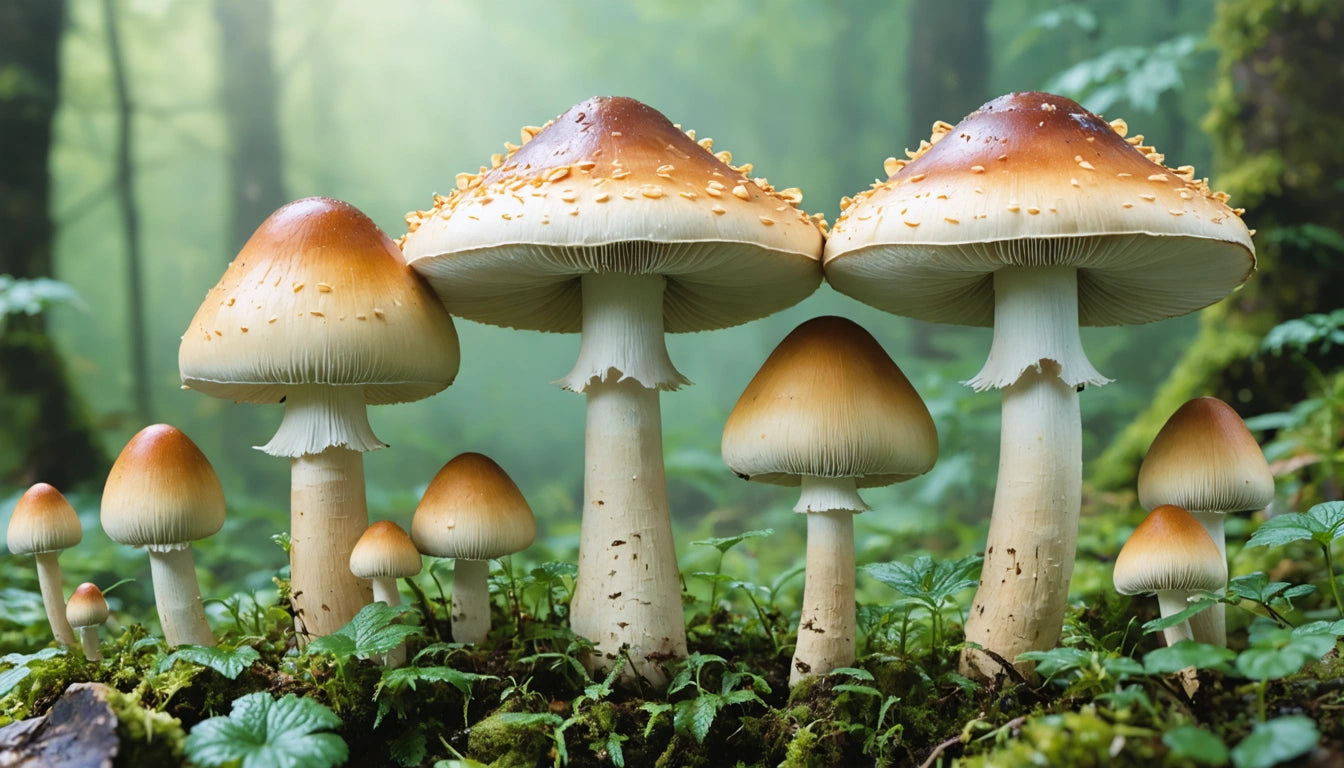Table of Contents
Foods That May Lead to a False Positive on a Drug Test
Drug testing is common in many workplaces, sports organizations, and legal settings. While most people understand that consuming illicit substances can lead to failed tests, fewer realize that certain everyday foods can trigger false positive results. Understanding what foods can cause you to fail a drug test is essential for anyone subject to screening.
Common Foods That Can Trigger False Positives
Several common food items contain compounds that may be misidentified as illicit substances in standard drug screenings. These false positives occur when chemical structures in foods resemble those of controlled substances or their metabolites.
According to research on preventing false positive drug test results, immunoassay tests (the most common initial screening method) are particularly vulnerable to interference from certain foods and medications.
Foods Most Commonly Associated with False Positives
- Poppy seeds (opiates)
- Hemp seeds and hemp oil (THC)
- Certain teas (amphetamines)
- Yeast-based products (alcohol)
- CBD-infused foods (THC)
Poppy Seeds and Opiate False Positives
Perhaps the most well-known food that can cause a false positive drug test is poppy seeds. These tiny black seeds come from the same plant species (Papaver somniferum) that produces opium, which contains morphine and codeine.
When consuming poppy seed bagels, muffins, or other baked goods, trace amounts of these opiates can be detected in urine for up to 48 hours. The amounts are typically too small to produce any physiological effects, but they can be enough to trigger a positive result on an opiate screening.
A single poppy seed bagel can potentially cause a positive result, though testing thresholds have been raised in recent years to reduce these false positives. Nevertheless, many experts recommend avoiding poppy seeds entirely for 2-3 days before a scheduled drug test.
Hemp Products and THC Detection
Hemp seeds, hemp oil, and hemp-based foods contain trace amounts of THC (tetrahydrocannabinol), the psychoactive compound in cannabis. While these products contain far less THC than marijuana, concentrated consumption could potentially trigger a positive result for cannabis.
Studies on seed consumption and drug tests indicate that while most commercial hemp food products shouldn't cause a positive result when consumed in normal quantities, those using less refined hemp oil or large amounts of hemp products may be at risk.
CBD products present another concern. While pure CBD shouldn't trigger a THC test, many CBD products contain small amounts of THC. Products labeled "full-spectrum" are particularly likely to contain trace THC that could accumulate with regular use.
Other Dietary Factors That May Affect Test Results
Teas and Herbal Products
Certain teas, particularly some herbal varieties, can potentially trigger false positives for various substances:
- Coca tea can trigger cocaine positives
- Some herbal teas containing ephedra can show as amphetamines
- Guarana, often found in energy drinks, may register as caffeine or related stimulants
These beverages contain natural compounds with molecular structures similar to controlled substances, potentially confusing immunoassay tests.
Fermented Foods and Alcohol Testing
Fermented foods like sourdough bread, sauerkraut, and kombucha contain natural alcohol as a byproduct of fermentation. While the levels are typically low, consuming large quantities shortly before an alcohol test could potentially affect results.
This is particularly relevant for individuals using alcohol monitoring systems who must maintain complete abstinence.
Preventing Diet-Related False Positives
If you're scheduled for a drug test, consider these preventative measures:
- Avoid poppy seeds entirely for at least 3 days before testing
- Limit or eliminate hemp food products for 1-2 weeks prior
- Temporarily discontinue CBD products, especially full-spectrum varieties
- Maintain detailed food records if you're in a sensitive testing program
- Disclose all foods, supplements, and medications to test administrators
For those in industries requiring regular testing, using precise measuring equipment for food preparation can help maintain awareness of exactly what you're consuming, particularly when preparing foods with ingredients that might affect test results.
As outlined in guidance on pre-test consumption, staying hydrated with water is generally safe and recommended, but avoid excessive fluid intake immediately before testing as this can dilute samples and trigger validity concerns.
Navigating Unexpected Positive Results From Food Consumption
If you receive a positive result that you believe may be related to food consumption, take these steps:
- Request a confirmatory test using more specific methods like gas chromatography/mass spectrometry (GC/MS)
- Document all food consumption for the previous 3-7 days
- Provide information about any supplements, medications, or food products that might have contributed
- Consider requesting a hair test, which is less likely to be affected by recent food consumption
Understanding how to respond to positive test results is crucial, as the consequences can be significant in employment or legal contexts.
While most modern testing protocols include safeguards against common food-related false positives, the possibility remains, particularly with less sophisticated testing methods. Being informed about what foods can cause a false positive drug test empowers you to make appropriate dietary choices before scheduled screenings and respond effectively if unexpected results occur.











Leave a comment
All comments are moderated before being published.
This site is protected by hCaptcha and the hCaptcha Privacy Policy and Terms of Service apply.